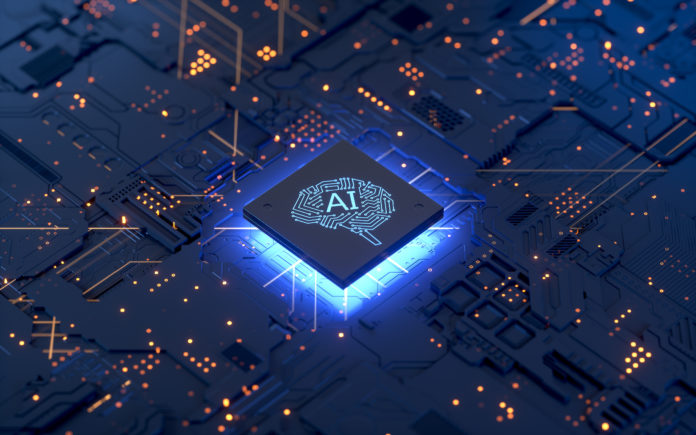Artificial intelligence has drastically improved efficiency and revolutionized a number of parts of our lives. AI keeps making significant advances, from customized recommendation systems to driverless vehicles. However, AI also creates serious ethical issues in addition to these advantages. This article discusses the value of AI ethics and emphasizes the most important techniques for developing ethical and responsible AI.
Understanding AI Ethics
The study and application of ethical standards that govern the creation and use of AI systems is referred to as AI ethics. It tries to address the ethical questions raised by the possible effects of AI on people and the environment. The fundamental objective is to make sure AI respects human values and upholds privacy while also steering clear of negative outcomes.
Promoting Transparency and Explainability
The encouragement of transparency and clarity in AI systems is a crucial component of AI ethics. It gets increasingly difficult to properly understand AI systems’ decision-making processes as they become more complicated. Building trust and accountability requires transparency because it enables users and stakeholders to understand how AI systems reach their decisions.
Data Privacy and Security
Data is the energy source for AI systems. Businesses and developers are required to implement strong data protection procedures and abide by all applicable laws and regulations. To avoid third-party invaders or hackers, companies should also think about data anonymization. Furthermore, to ensure data privacy, it is crucial to hide your IP addresses when using public WiFi. You can check your IP address at What Is My IP.
Avoiding Bias and Discrimination
Biases contained in the data that they are educated on can be inherited by AI algorithms. The results of these biases may be unjust and discriminatory. When creating AI, developers must be cautious about spotting and minimizing bias. Fairness testing and auditing on a regular basis can help guarantee that AI systems treat everyone equally, regardless of their race, gender, or other protected traits.
Establishing Ethical Standards
It is crucial to establish a thorough set of ethical guidelines for the creation and use of AI. These guidelines have to cover both narrower societal effects as well as more technical considerations like data utilization and algorithmic fairness. Governments, business organizations, and other stakeholders should work together to create and sustain these ethical standards.
Collaborating with Experts and Stakeholders
The public and stakeholders must all contribute to the discussion of AI ethics. Finding the right answers and identifying possible ethical issues might be aided by a variety of viewpoints. To comprehend public concerns and make sure AI development complies with social values is crucial.







